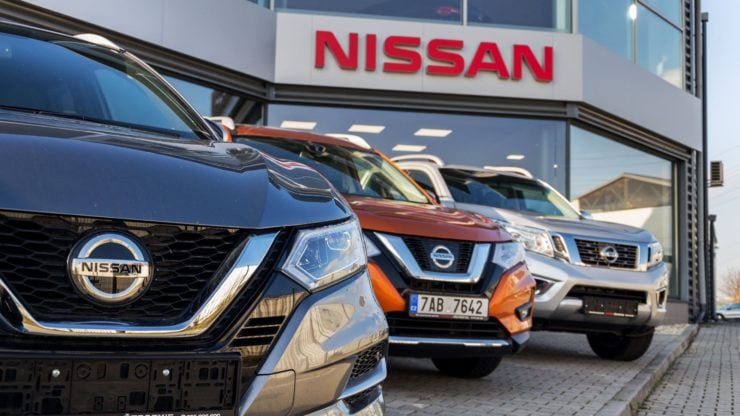Nissan Motor Co. has reportedly scrapped plans to form a joint holding company with Honda Motor Co.
Instead of pursuing a domestic merger, Nissan is now shifting its attention to a potential partnership with a US-based technology firm, Bloomberg said in a report citing sources.
The decision to halt negotiations with Honda reflects deep-seated disagreements over the structure of the proposed deal, including investment levels and operational restructuring.
Nissan’s stock closed around 8% higher on Thursday as investors reacted to the possibility of a more globally competitive partnership.
The conclusion of exclusive talks with Honda would enable either party to exit the agreement without incurring the large cancellation fee of ¥100 billion ($657 million), as stated in their memorandum of understanding from December 23.
Nissan searches for a new alliance after Honda fallout
With Honda no longer in the picture, Nissan’s leadership is under increasing pressure to secure a new partnership that can provide the technological edge needed to compete in a rapidly evolving auto industry.
North America remains Nissan’s most critical market, making a US-based technology firm the most attractive potential collaborator.
The search for a new partner comes as Nissan faces an urgent need to modernise its operations and expand its electric vehicle capabilities.
As Nissan looks beyond Honda, speculation is growing over which US technology giant could step in as a new partner.
The industry-wide shift towards electrification and automation has prompted several automakers to seek alliances with tech firms to secure a competitive edge in artificial intelligence, battery development, and autonomous driving.
Hon Hai Precision Industry Co., better known as Foxconn, had previously expressed interest in partnering with Nissan but paused discussions when the Honda talks progressed. With those negotiations now abandoned, Foxconn could re-enter the picture.
The electronics manufacturer has been aggressively expanding into EV production and could offer Nissan valuable supply chain advantages.
Why did the Nissan-Honda merger fail?
Honda and Nissan had initially framed their proposed merger as a way to bolster their competitive stance against the growing presence of Chinese electric vehicle (EV) manufacturers like BYD.
However, reports indicated that internal disagreements had increasingly strained the discussions.
A major sticking point was Honda’s suggestion to turn Nissan into a subsidiary, a proposal that Nissan opposed vehemently.
With a market value nearly five times greater than Nissan’s, Honda, Japan’s second-largest carmaker, has grown skeptical of its smaller counterpart’s ability to stage a successful turnaround.
Nissan, still reeling from the 2018 scandal involving former Chairman Carlos Ghosn, has faced difficulties keeping up with the rapid transition to electric vehicles.
The company reported a 90% drop in operating profits for the first half of fiscal year 2024, with net income falling by 94% compared to the previous year.
The company’s executives, led by CEO Makoto Uchida, are expected to present an updated recovery plan by February 13, coinciding with its quarterly earnings release.
The post Nissan eyes tech sector alliance as Honda deal falls apart: report appeared first on Invezz

